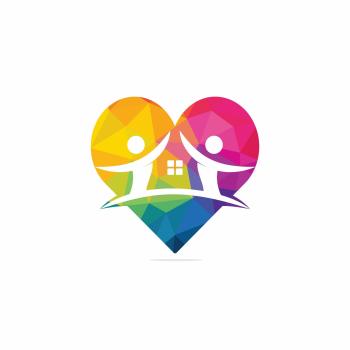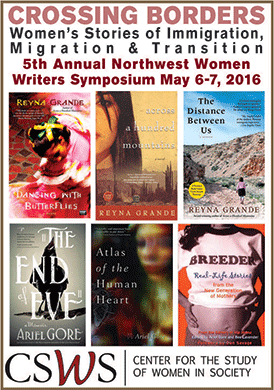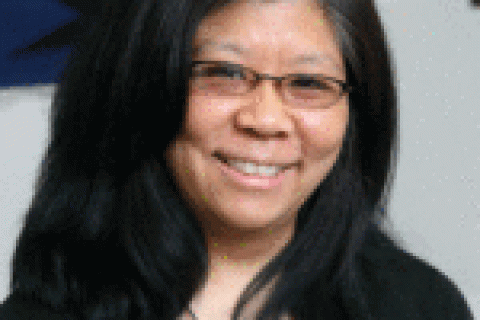Student Opportunities
CSWS offers a variety of opportunities for undergraduate and graduate students to contribute to our mission and participate in the Center. Our student programs include:
- Undergraduate internships and employment
- Undergraduate summer research fellowships in arts and STEM fields (starting Summer 2025)
- Undergraduate Calderwood Seminars in Public writing (starting Spring 2025)
- Public speaking and publication opportunities for CSWS Graduate Student Research Fellows
- Graduate student Research Interest Group (RIG) funding for visiting speakers, readings groups, and more
Women of Color Project
The WOC Project started in 2005 as a CSWS Research Interest Group. In 2008, the center was awarded a Ford Foundation grant from the National Council for Research on Women (NCRW) to promote a leadership pipeline for Women of Color at universities. “Diversifying the Leadership of Women’s Research Centers” was meant to promote the leadership of women of color from historically underrepresented groups in the United States within NCRW and within its women’s research, policy, and advocacy member centers. CSWS and the UO Office of the Vice President for Research provided matching funds to launch the initiative.
Currently, the WOC Project includes the following programs: small grants for individual projects and events across departments and schools, research workshops for assistant and associate professors to finish up their research portfolio or to jumpstart their pipeline for post-tenure research, grant-writing workshops with expert consultants to workshop grant proposals for faculty wishing to submit applications to outside grants, and a fellowship competition that provides summer support to complete research projects that will have immediately measurable impacts.
Archived Programs
Caregiver Campaign

In June 2020, CSWS sent an urgent request to UO leadership asking for action to alleviate labor inequities that have arisen from the coronavirus pandemic.
As these faculty testimonials demonstrate, COVID-19 has uncovered many aspects of our institutional practice that have historically rendered certain labor invisible and left others more vulnerable. The costs of continued expectations for service and research added to teaching demands on junior faculty and others who have to keep on doing child and elder care and schooling will be cumulative and have differential impact. This will be evident not just during the period before there is a vaccine but going forward in their academic careers. More funding for COVID-related research will not alleviate the compounding disadvantage experienced by caretakers.
Northwest Women Writers Symposium (2011-2018)

This CSWS program began as a Research Interest Group in AY 2011-12, migrated into CSWS Special Project status as the Women Writers Project in AY 2012-13, and became integrated into CSWS as an internal program in spring 2014. The final symposium was held in 2018.
The NWWS and Women Writers Program sought to foster and enhance opportunities for women writers on campus, in the community, and throughout the Pacific Northwest; to bring distinct voices of published women writers to campus; and to support the work of creative writing by bringing together writers from different disciplines. This program was aimed toward exploring local, regional, and university collaborations, most notably through an evolving annual women writers conference. From 2013 to 2018, CSWS collaborated with Eugene Public Library to host a portion of the symposium in its downtown facility to increase public access to events.
Road Scholars
Initiated in 2002, the Road Scholars Program, was conceived as the public lecture and outreach program of the Center for the Study of Women in Society, a University of Oregon research center devoted to generating, supporting, and disseminating research on the complexity of women’s lives and the intersecting nature of gender identities and inequalities. In addition to introducing the center and its mission, the Road Scholars Program offered audiences the opportunity to engage in conversation with UO scholars about issues critical to women and families in our region and beyond. Since the program’s inception, its presenters spoke to more than 4,000 students and community members in at least 50 venues across the state. It was ended in the fall of AY 2015-16. A speakers bureau is in the planning stages, and it is intended to provide an opportunity for media and organizations to tap the expertise of UO professors.


